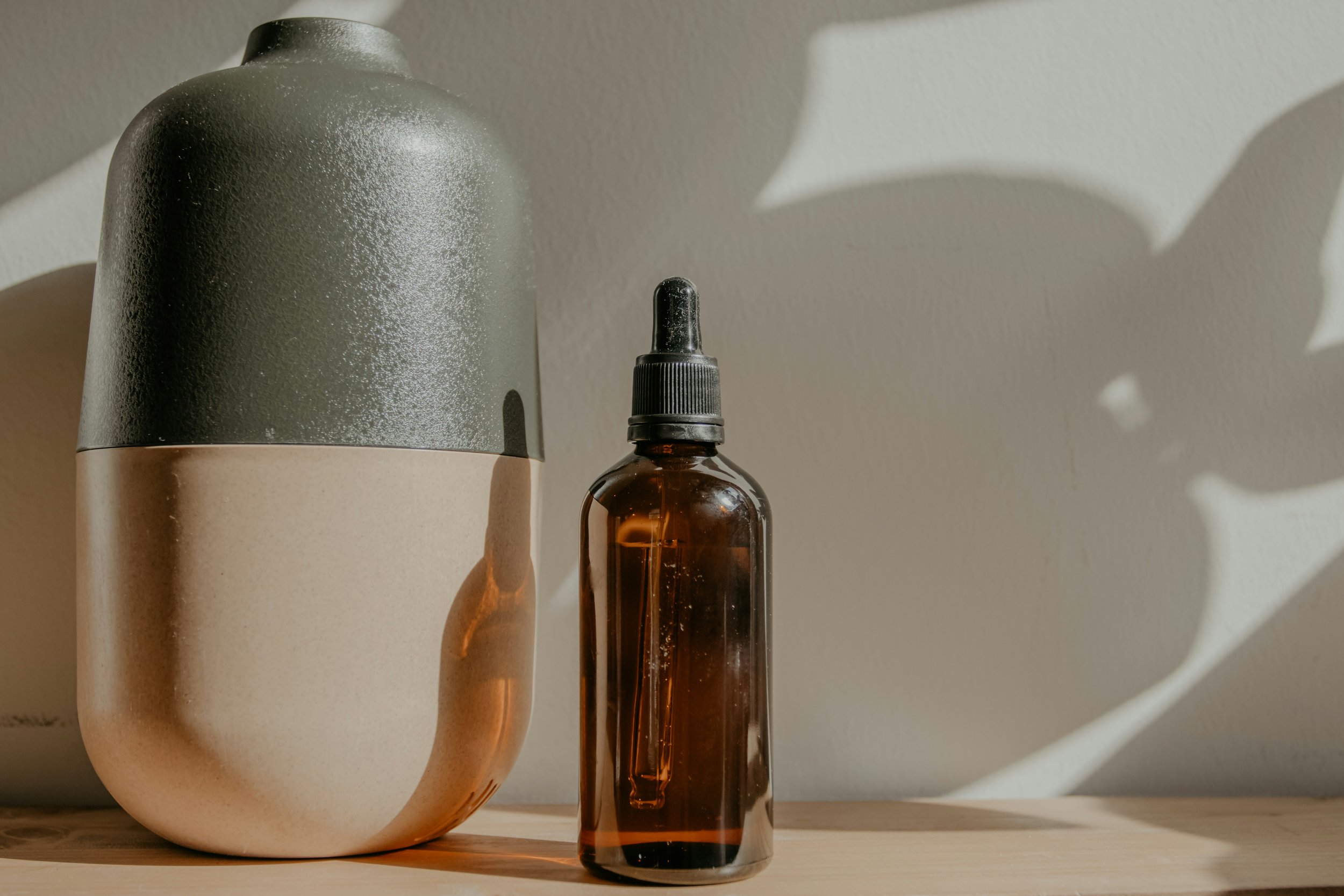When I prayed for success, I forgot to ask for sound sleep
“When I prayed for success, I forgot to ask for sound sleep and good digestion.”
Far too many people have difficulty with sleep. Are you one of them?
In his book ‘Why we sleep’, Matthew Walker aims to make sleep cool again - compiling scientific research on the transformative power of a good night's rest; providing insight on how sleep enhances our ability to learn, make decisions, and consolidate memories; explaining how sleep also plays a crucial role in emotional regulation and overall physical wellbeing.
Over time, and in Ayurvedic terms, lack of deep rest depletes ojas, vitality, leading to a weakened immune system and chronic illness.
In a recent conversation with my Clinical Supervisor, I was reminded that when it comes to sleep / insomnia, Ayurveda looks at how one is spending their energy throughout the day, not just giving sleep support. In other words, our energy while sleeping is a direct reflection of our energy spent during the daytime.
The consumption of stimulants
- in the form of caffeine or sugar for example - is just one out of many things that we do in life that impact sleep.
What has been striking me the most since I receive patients in clinic, is how coffee consumption has become a widely accepted behavior and how hard (aka addictive!) it is for most people to let go of it in spite of its impact on sleep quality. Many resist quitting coffee and will settle instead for a sip of sleepy tea at night and/or a quarter gram of melatonin. I am sorry to say that it may be putting you to sleep for a moment but it’s not making the trick in terms of bringing back your body to its natural rhythm.
Restful restorative sleep is not only about calming down the body, but also the mind. It’s about regulating our nervous system into a ventral vagal state. Rather than searching for a remedy outside of myself, I’ve found that the work for this takes place internally. This is why Ayurveda emphasizes gentle breathwork (such as Chandra Bhedana pranayama), meditation, or yoga nidra - all to be performed for about 20min during the day! Don’t wait until the sun sets down to reset your nervous system. Of course, plants are always our allies and if you need an extra support, ashwagandha can be consumed in the morning and around 4pm for tonifying you nervous system and optimizing your circadian rhythm.
Now, let’s get into bed - what side are you sleeping on? Lying on your right side is said to increase kapha, which could welcome deep sleep if in balance. If you are a back sleeper, know that this position is expansive and may increase vata, leading to movement of the mind. If you find yourself waking up at night, try to lie on your stomach and count backwards. Write to me to report on the impact of this simple practice in the face of insomnia.
Last but not least, many of you may have read about the Ayurvedic morning dinacharya (tongue scraping, oil pulling, etc…) but did you know that we also have an Ayurvedic night routine?
You will see all sorts of oils on my bedside table but my top two picks for a restful sleep -
Jatamansi essential oil for a good rub of the sole of the feet + Castor oil for a drop in the corner of the eyes to soothe the mind (remember that the eyes are considered to be the seat of pitta dosha and needs proper cooling).
Recovering your sleep may require big changes or small ones, depending on your situation, but the results will pay off.
Contact me if these recommendations are calling you to change!


